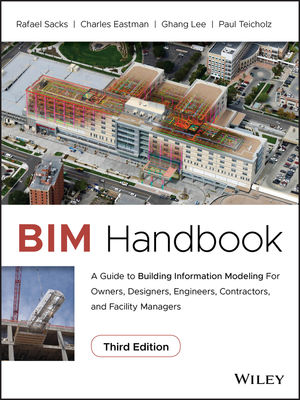The beginning of the process of finding a commissioning provider is similar to the beginning of the commissioning process itself; the facility owner/client must define their needs and expectations. Just like a project DID, a detailed scope of services is the base upon which a successful selection process is built. Without that, the owner will end up with whatever the best salesperson or firm with the lowest price (depending on the owner's selection criteria) decides they can give the owner.
The term "commissioning" is not universally defined. Therefore, the owner cannot simply ask for a "commissioning" proposal and expect to receive apples-and-apples responses from multiple prospective providers. The owner is likely to receive anything and everything from quality control oversight to end-of-construction startup services to enhanced balancing, from third-party testing to full blown predesign-through-warranty commissioning.
If an owner is bound by public procurement requirements and is asking for a fee proposal, it is incumbent on the owner to do his homework prior to preparing their RFP. The RFP must include a detailed listing of what the commissioning provider is expected to do, including, but not limited to, the following:
- What activities throughout the various project phases are included in the owner's definition of commissioning?
- How many meetings does the owner expect the commissioning provider to attend during various phases of the project?
- What are the major milestones of the project schedule?
- What is the project delivery method: design-bid-build, fast track, design/build, etc.? This includes a description of the number of individual bid packages expected to be issued.
- What is the owner's expectation for the commissioning provider's site presence during construction, startup, and initial operation?
- How many rounds of functional performance testing of each system should be included in the fee proposal?
- What systems will be commissioned, how many of each system are there, and what, if any, random sampling will be acceptable?
The last stipulation is a critical one, and one that poses a conundrum for the conscientious owner. The ideal time in which to procure commissioning services is during the predesign or very early design phase. However, it is virtually impossible to name, much less quantify, specific systems to be commissioned before the systems have been identified by the designers. Therefore, it is impossible to propose a fixed fee, or even a meaningful not-to-exceed fee, for commissioning until its design is established (theoretically at completion of design development).
I recommend that the owner plan on contracting commissioning services in two parts: the first part through the design development phase, and the second part from that point through the end of the project. If that is not an option, then the owner will need to do even more up front work to make her best guess at quantifying probable system types in order to obtain a fee. That can be done only with the understanding that the final systems and quantities of system will be different by the end of design, and that a changeorder (either plus or minus) should be expected once the actual system counts are known.
Of course, if an owner is soliciting commissioning services after design development is complete, the RFP respondents can "take off" the system quantities themselves from a set of the design documents. These documents needs to be provided to the commissioning firms at the same time as the RFP, and the owner still needs to define which system types are to be commissioned and to what sampling level.
As commissioning providers are inundated with RFPs, they need to make decisions regarding which opportunities are worth pursuing. They will evaluate the quality of the RFP and the owner's ability to define their needs and expectations - a subjective measure of the owner's commitment to the commissioning process - as part of their decisionmaking process. Owners not only need to do their research ahead of time in order to obtain apples-and-apples proposals from respondents, they need to demonstrate their understanding and commitment to commissioning in order to attract excellent commissioning providers to their projects. ES





